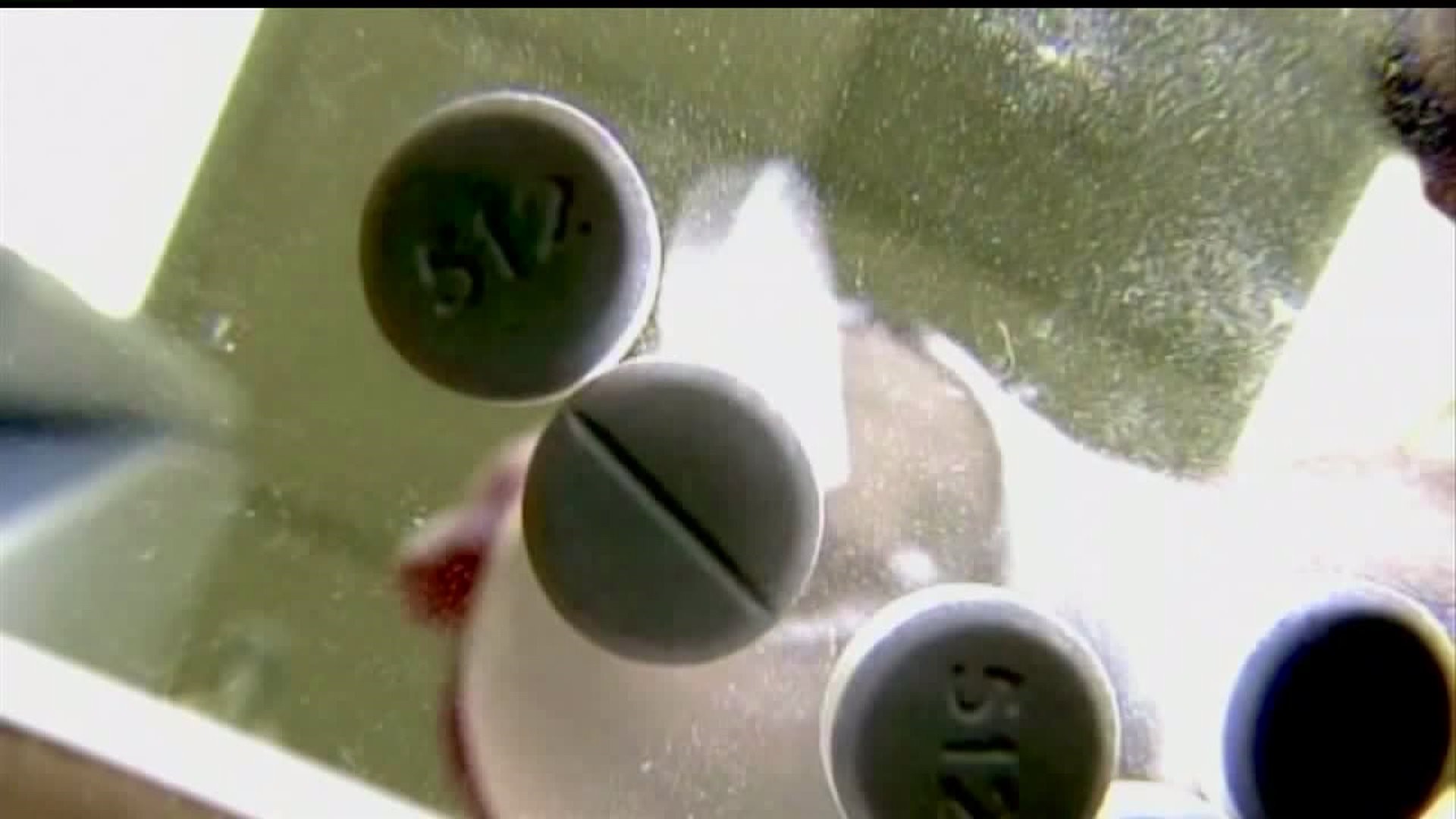Our nation's current problem with addiction is widely considered one of the most powerful health crises in recent history. Addiction, by definition, is not a mental health disorder. It is, however, a biological disorder that impairs a person's behaviors surrounding cravings, abstinence, and self-reward. It often coexists in someone with mental health issues. People working to pull people out of lives of addiction in central Pennsylvania say the community is a vital part of any success story.
The American Society of Addiction Medicine defines addiction as a "chronic dysfunction of brain circuits, that control brain reward and motivation." Stacy Emminger has another definition for it.
"That life is hell."
She is the chair of the Donegal Substance Abuse Alliance in Lancaster County and she lost her son to addiction. Her son's battle with substance abuse can be traced back to a diagnosis of depression when he was in the sixth grade.
"I was one of those people who thought it couldn't happen out here," she says, "we did everything right."
Stacy says her son didn't want anyone to know he was living with a mental illness and by age 14, he stopped taking his medication and stopped seeing any doctors or counselors. 14 is also the age when parents in Pennsylvania lose the legal right to force minors into receiving mental health treatment.
"Eventually when he was 15, the school called me and said he's falling asleep all the time after lunch. I went up and searched his room and found empty bags of cocaine. How we went from what I thought was experimental marijuana and alcohol, to cocaine, just blew me away," Emminger says.
Eventually, Stacy says her son was using multiple drugs at a time: cocaine, marijuana, and finally heroin. He was self-medicating, to overcome the negative feelings produced by the underlying mental illness.
"Sometimes as a grown man, he'd lay in my lap at night and cry because he hated what he was doing," Stacy says. "People think it`s a party life. People think you're using drugs and it's a party all the time. he was using just to feel okay, he wasn't even getting high anymore."
At age 23, Stacy's son died in her home of an overdose.
The latest data from the Centers for Disease Control and Prevention shows Pennsylvania had the fourth highest rate of drug overdoses in the nation in 2016. More than 4,600 people died that year. Stacy knows that pain and now she shares her son's story, hoping it might save the life of someone else.
It's a goal she shares with Scott Theurer, a certified recovery specialist, and someone who is in recovery himself.
"There's all kinds of devastation that's associated with addiction," Scott says. "There's all kinds of devastation that's associated with addiction."
He says substance abuse is thriving, in large part, because communities don't know how to talk about it, or how to accept people looking to let go of their addictions.
"The stigma associated with this disease keeps people from asking for help and in some cases accepting help."
Scott spends his days talking to people who are battling substance abuse. He says the discussion can generate a lot of emotions, especially when he encounters people who are unfamiliar with the struggle.
"The knee-jerk reaction to that is for people to get angry," he explains, "and once anger sets in, you sort of shut your ears and shut your eyes, too."
Scott and Stacy agree education holds the power to cut through the misunderstanding and shame associated with addiction, and shine a light on the fact that it's something gripping all types of people.
"I think there's tons of hope for people," Scott says. "It's just we have to move past this model of this, you know, addiction is about bad people making bad choices."
Stacy says, "it's all happening right here in Mount Joy, in this little town, little farm town where everybody thinks nothing bad can happen, but it's happening here."
Their advice for families who live with someone battling addiction is to collect the options for treatment and don't give up. Everyone's journey to recovery has hurdles and everyone's journey is different.
"You should always approach them with love and that you're trying to help them," encourages Stacy, "and not that you're saying there's something wrong with them or that you're ashamed of them."
Once recovery starts, it never ends. It's a daily choice to stay on the clean path.
"There's no finish line for recovery," Scott says. "It's the rest of my life."
A lifelong journey that takes the backing of entire communities.
"When I started to get well," Scott explains, "I started to have family and friends and community that took me back and realized that my addiction did not define who I was. As a community, we need to help each other through this, so to become more informed is only going to make us a healthier community."
According to the Substance Abuse and Mental Health Services Administration, nearly 40 percent of people dealing with substance abuse issues also suffer from at least one mental illness. In many cases of co-occurrence, it's not clear whether mental affliction or addiction comes first.
You can learn more about the services of the Donegal Substance Abuse Alliance here.

